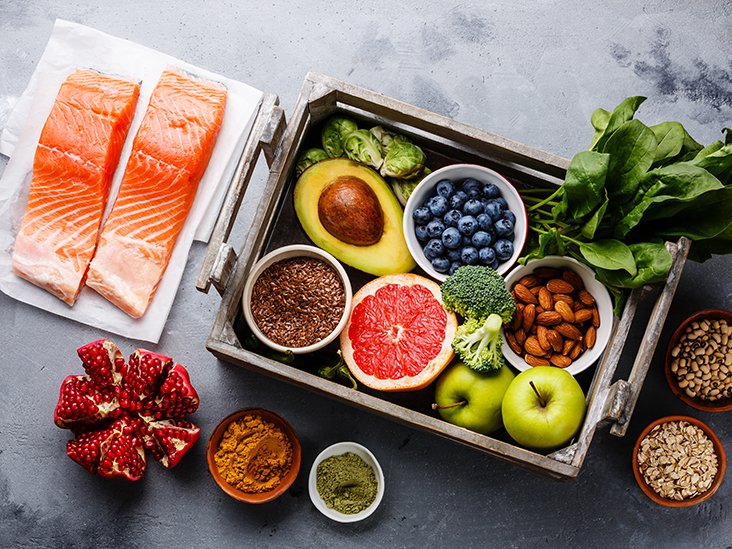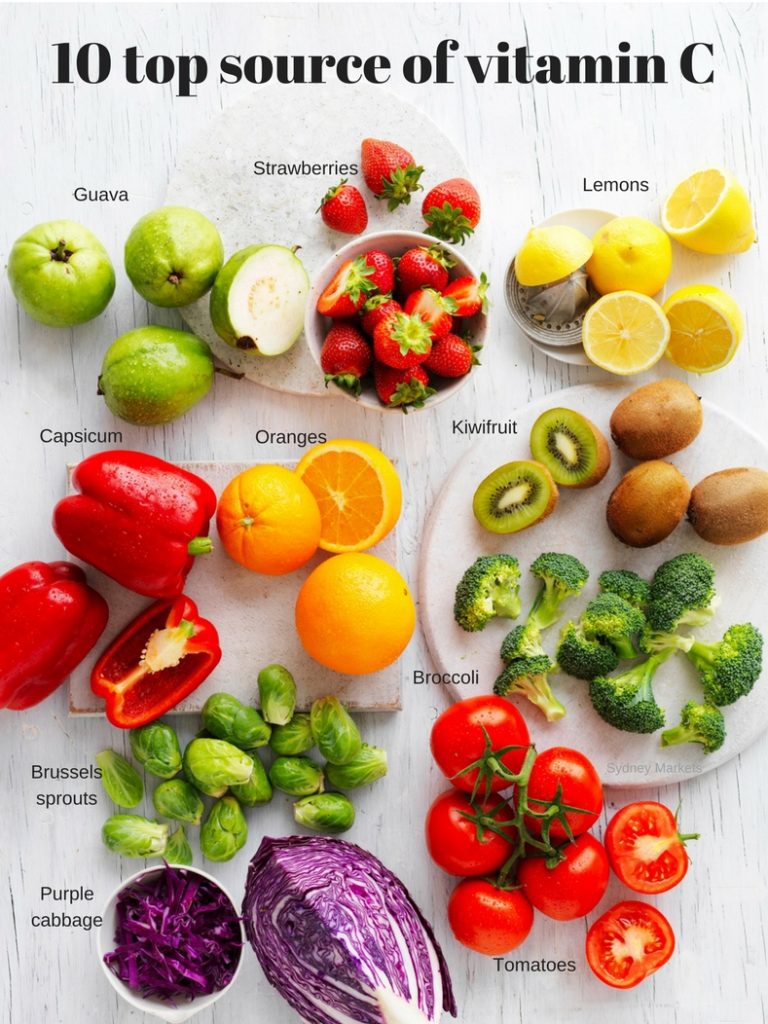Woman – a hand that rocks the cradle. A chef cooking healthy food for the family. The boss in office handling umpteen things like meetings, deadlines. A traveller. A Homemaker.
She is today’s working woman – Multifaceted and strong. Juggling work, family, relationships and everything in between. She has a race against time to maintain a healthy work-home balance. My voice was loud and clear in a jam-packed auditorium. I was there to deliver a talk celebrating International Women’s Day.
Amidst all this hustle bustle, women seem to compromise their diet. I could see so many hands in the air when asked about skipping breakfast. I then started to explain the mothers, grannies, youngsters in the mob who were all working, handling double shifts.
“Poor eating habits, little time to eat well due to time constraint, irregular meal timings, ordering food online, no time or inadequate time to prepare homemade food, stress, binging on processed/packaged foods during office hours;” and the heads were nodding with an affirmation.
eglecting one’s own dietary needs, overlooking the possible health warnings, following fad diets and ignoring the signals takes us a step closer to nutritional deficiencies, illnesses and lifestyle diseases like backache, obesity, metabolic disorders, depression,
So, what is the solution? asked a lady sitting in the front row.
“Diet”. It is the cornerstone of a healthy lifestyle, I added. Changing one’s diet is one of the simplest ways to improve health. A woman’s body undergoes many changes and thus needs to be nourished differently from a man. Hormonal changes associated with different phases of a woman’s life like menstruation, pregnancy, breastfeeding
So, ladies make sure you include these nutrients as a part of a well-balanced diet to stay healthiest.
Folic acid
An important nutrient for reproductive health. It’s crucial for formation of DNA, helps lower levels of homocysteine, an amino acid in blood linked to heart diseases, stroke, dementia etc. Insufficient/low intake of folic acid during conception and first trimester of pregnancy can cause neural tube birth defects in babies. Insufficient folate in the diet makes you tired, irritable, depressed and lethargic. It helps with menopausal symptoms too.

Sources: dark green leafy vegetables like colocasia leaves, spinach, mustard leaves, legumes, nuts, fortified foods, mango
Calcium and Vitamin D
To build strong Bones and teeth. Women are at a higher risk of developing osteoporosis with aging. Vitamin D is crucial for calcium absorption and for breast health. Chronic calcium and vitamin D deficiency can cause irritability, muscular dystrophy, bone ache and weakened bones. It is very important to have a calcium rich diet especially during breastfeeding or else the risk of osteoporosis further increases as calcium from bones is drained with less intake of calcium. Women with a diet high in both are less likely to experience premenstrual syndrome.

via hawaiipacifichealth.org
Sources of calcium: milk, cheese, curd, paneer, broccoli, salmon, sardines, tofu,
Sources of Vitamin D: sun is the best source. oily fish like salmon and mackerel, fortified cereals
Omega-3 fatty acids
These are one of the good fats which are essential with the many benefits they offer like anti-inflammatory agent, lowering cardiovascular risk, for glowing skin, for neurological and visual development of the baby and to delay the signs of ageing.

Sources: Fish like tuna, salmon, sardines; seaweed, flaxseeds, walnuts
Iron rich foods
This is another vital nutrient as it helps to create the haemoglobin that carries oxygen to cells. Iron is key to maintain the energy levels, to maintain healthy hair, nails and skin. Iron deficiency or anaemia is the most common nutrient deficiency in women. Insufficient intake may deplete your energy, lead to fatigue, weakness, shortness of breath, dizziness, difficulty concentrating, irritability, depression and poor performance at work.

via NBIhealth
Sources: Heme iron (found in animal foods) such as fish, chicken, red meat. Non-heme iron (found in plant foods) such as legumes, beans, spinach, dried fruits like raisins and apricots, pumpkin seeds, moringa leaves
To help increase iron absorption, eat food sources of non-heme iron along with Vitamin C rich foods.
Vitamin C
A potent antioxidant, needed for collagen production, for immunity and repair and a glowing skin.

Sources: citrus fruits like guava, oranges, sweet lime; amla, bell peppers, lemon juice and lemon rind, sprouts
A nutritious daily diet can help women smoothen the bumpy road of an unhealthy lifestyle. Informed choices and right food cannot only fuel your energy, boost your mood, help you maintain a healthy weight, but also help reduce PMS, boost fertility, make pregnancy and nursing easier and ease menopause. Now when we know the importance of a balanced nutritious diet, here is
And so I began explaining a day’s rountine and diet

via blogwritr.com
Early morning: wake up and enjoy a glass of lemon water or infusion water or cider water with some soaked nuts and seeds
Followed by exercise for 30-40 minutes
A glass of milk before starting the morning chores
8:00 am:
Have a hearty breakfast of 3-4 idlis, a bowl of mix veg
10:30 am:
Enjoy your brunch of a glass of buttermilk/ coconut water/ makhana, vegetable sticks
1:00 pm:
Lunch should be a balance of carbohydrates (roti/rice/bhakari), protein (pulses and legumes), vitamins (vegetables), fibre (salad) and probiotics (curd)
4:00 pm:
Snacks can be relished with sprout chat, granola bars, a bowl of yoghurt, grilled corn
8:00 pm:
Family dinner of dosa sambar/ bowl of mix veg
10:30 pm
A glass of warm milk for that peaceful sleep
Keep yourself hydrated the whole day. Keep a bottle of water on your work desk, keep track of your intake through mobile apps.
Try these tips to make your busy weekdays a bit relaxed.
Plan and prepare
Plan for the week ahead during the weekend. Buy your ingredients and refill, stock your refrigerator with fresh and natural produce; clean them up and store in zip lock bags, shop healthy foods like nuts and seeds, oats etc. This will save time on busy days plus you won’t reach for junk.
Prepare batter in bulk
Prepare dosa/idli batter during the weekends and store for use during the week. You can quickly make variety with the batter by adding veggies or millet flour or oats etc for meals.
Homemade masala pastes
Prepare a 3-4 days batch of ginger-garlic paste, tomato-onion paste, ginger-garlic-green chilli paste, green chutney, peel garlic and refrigerate. Whenever needed, take a spoonful for the sabzis or dals.
Do Not Forget to Exercise
Along with a nutritious diet, take some time out for a form of physical activity too. Do some stretches with yoga or join Zumba class or go sprinting or jogging or enjoy your favorite sports, trekking on weekends etc. Indulge in any form of exercise for 30-50 minutes 5 days a week. This will keep your mind and body fit, saying this I concluded the talk.

And a whole lot of queries followed the lecture to which I loved answering. A wonderful session, satisfied minds, answered doubts and a contented speaker.










